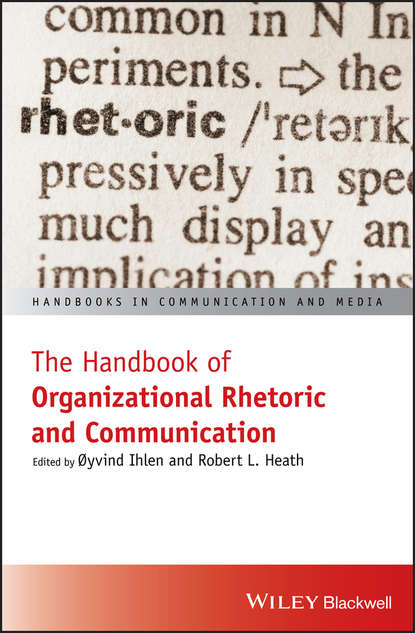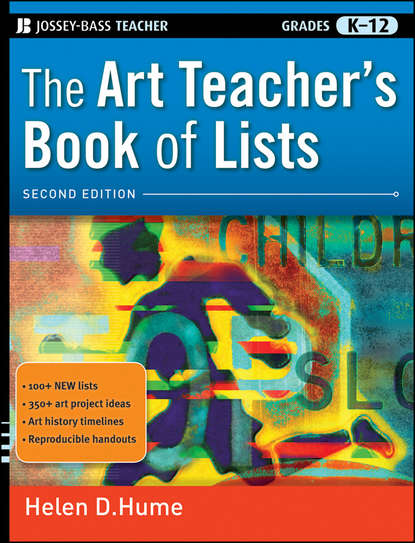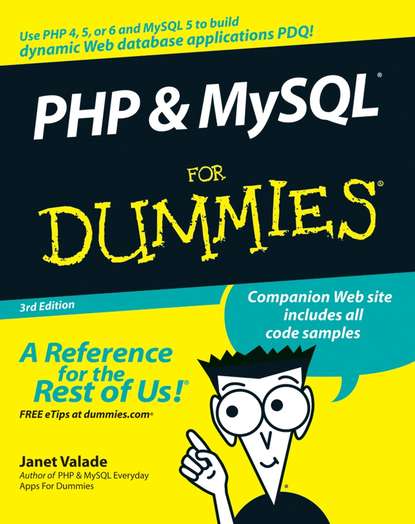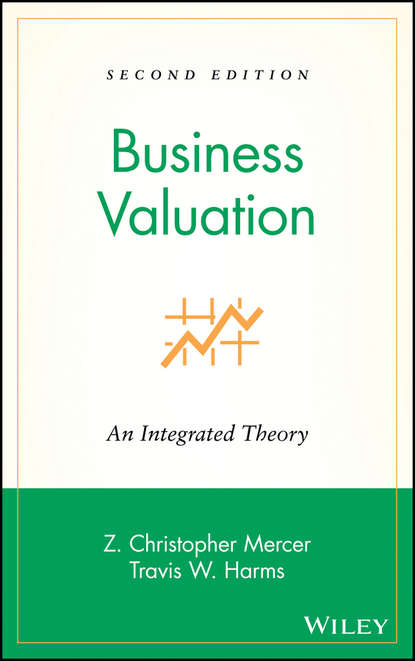"The Handbook of Organizational Rhetoric and Communication" - это фундаментальный источник для ученых и студентов, которые хотят получить лучший обзор и обсуждение того, как организации используют риторику. Хотя изучение риторики как дисциплины активно развивается, до сих пор уделялось удивительно мало внимания риторике организаций. Эта книга призвана восполнить этот пробел. Она представляет собой сборник исследований, созданный на основе идей ведущих ученых в области риторики и организаций, и обсуждает новейшие достижения таких дисциплин, как использовали и будут использовать риторику.
Начиная с введения в тему, "The Handbook of Organizational Rhetoric and Communication" освещает основы и макроконтекст риторики, а также ее использование в организационных коммуникациях, связях с общественностью, маркетинге, менеджменте и организационной теории. Затем рассматриваются интеллектуальные и моральные основы, без которых риторика не могла бы существовать, обсуждаются ключевые концепции риторической теории.
Далее книга анализирует процессы риторики и связанные с ними проблемы и стратегии. Отдельный раздел посвящен обсуждению риторических сфер или жанров – контекстному применению риторики и возникающим при этом трудностям, таким как стратегические вопросы для менеджмента и корпоративной социальной ответственности.
В заключительной части делается попытка ответить на вопрос о вкладе книги в понимание организационной риторики. Также рассматривается, какие перспективы остались за рамками исследования и что может принести будущее для изучения организационной риторики.
Книга анализирует преимущества и опасности организаций, которые стремятся доносить свой голос, чтобы сформировать общество в свою пользу. Она содержит главы, работающие в традиции риторической критики, которые задаются вопросом, реализовали ли риторические стратегии организаций свою ценность для организации и общества.
Обсуждается важность очевидных и традиционных, тонких и критически ценных стратегий, таких как риторическое взаимодействие способами, приносящими пользу дискурсу. Исследуются потенциал, риски, парадоксы и требования вовлечения.
Книга отражает взгляды команды ученых со всего мира и включает вклад отраслей, ориентированных на организации, таких как организационные коммуникации, связи с общественностью, маркетинг, менеджмент и организационная теория.
"The Handbook of Organizational Rhetoric and Communication" будет идеальным ресурсом для студентов старших курсов бакалавриата и магистратуры, а также ученых, изучающих организационные коммуникации, связи с общественностью, менеджмент и риторику.
This comprehensive volume treats of the vital topic of "rhetorics" of organizations as the bases for scholarly and advanced student study who want the latest and most current top overview and discussions covering of organization natural sources include rhetorics.
Электронная Книга «The Handbook of Organizational Rhetoric and Communication» написана автором oyvind Ihlen в году.
Минимальный возраст читателя: 0
Язык: Английский
ISBN: 9781119265740
Описание книги от oyvind Ihlen
A one-stop source for scholars and advanced students who want to get the latest and best overview and discussion of how organizations use rhetoric While the disciplinary study of rhetoric is alive and well, there has been curiously little specific interest in the rhetoric of organizations. This book seeks to remedy that omission. It presents a research collection created by the insights of leading scholars on rhetoric and organizations while discussing state-of-the-art insights from disciplines that have and will continue to use rhetoric. Beginning with an introduction to the topic, The Handbook of Organizational Rhetoric and Communication offers coverage of the foundations and macro-contexts of rhetoric—as well as its use in organizational communication, public relations, marketing, management and organization theory. It then looks at intellectual and moral foundations without which rhetoric could not have occurred, discussing key concepts in rhetorical theory. The book then goes on to analyze the processes of rhetoric and the challenges and strategies involved. A section is also devoted to discussing rhetorical areas or genres—namely contextual application of rhetoric and the challenges that arise, such as strategic issues for management and corporate social responsibility. The final part seeks to answer questions about the book’s contribution to the understanding of organizational rhetoric. It also examines what perspectives are lacking, and what the future might hold for the study of organizational rhetoric. Examines the advantages and perils of organizations that seek to project their voices in order to shape society to their benefits Contains chapters working in the tradition of rhetorical criticism that ask whether organizations’ rhetorical strategies have fulfilled their organizational and societal value Discusses the importance of obvious, traditional, nuanced, and critically valued strategies such as rhetorical interaction in ways that benefit discourse Explores the potential, risks, paradoxes, and requirements of engagement Reflects the views of a team of scholars from across the globe Features contributions from organization-centered fields such as organizational communication, public relations, marketing, management, and organization theory The Handbook of Organizational Rhetoric and Communication will be an ideal resource for advanced undergraduate students, graduate students, and scholars studying organizational communications, public relations, management, and rhetoric.



















